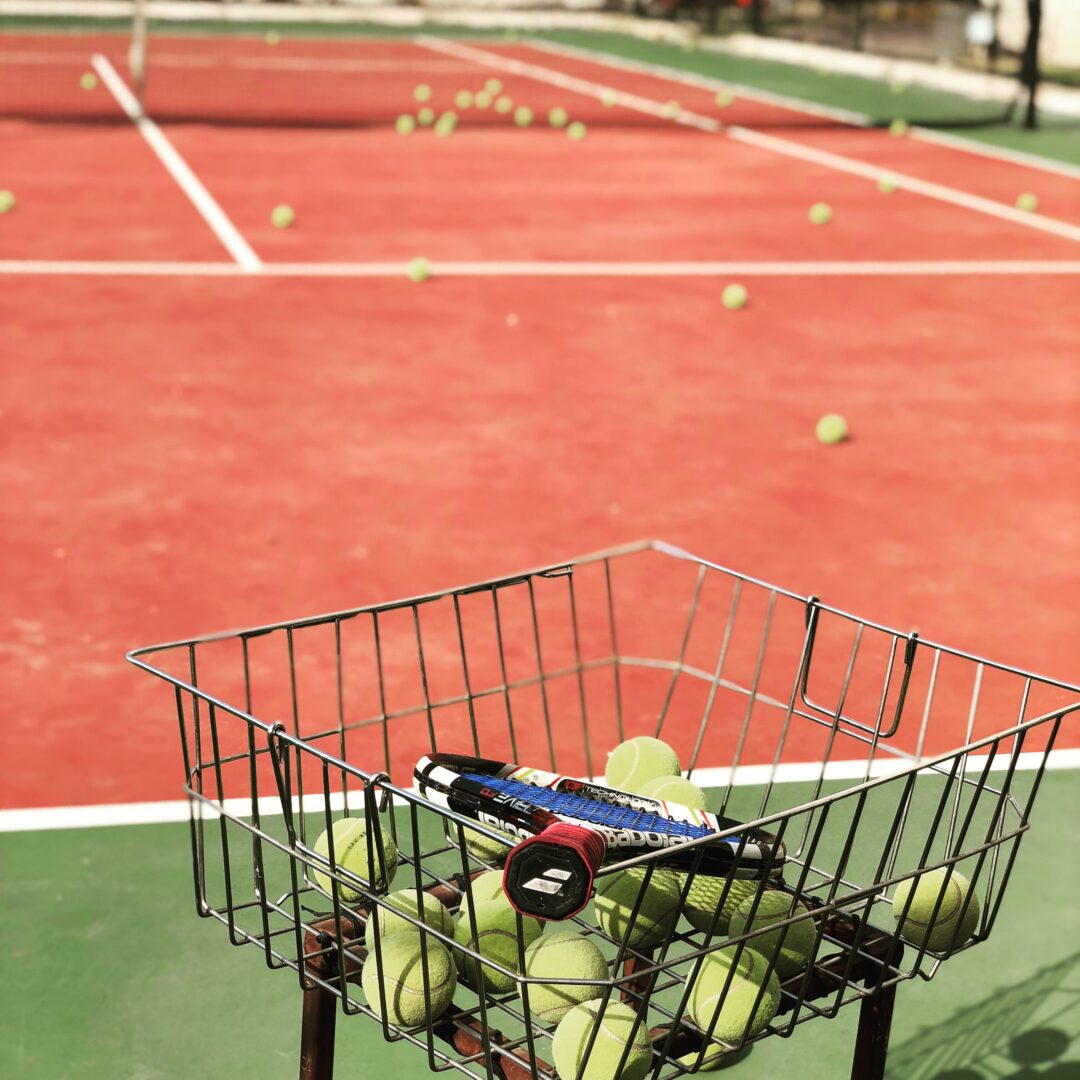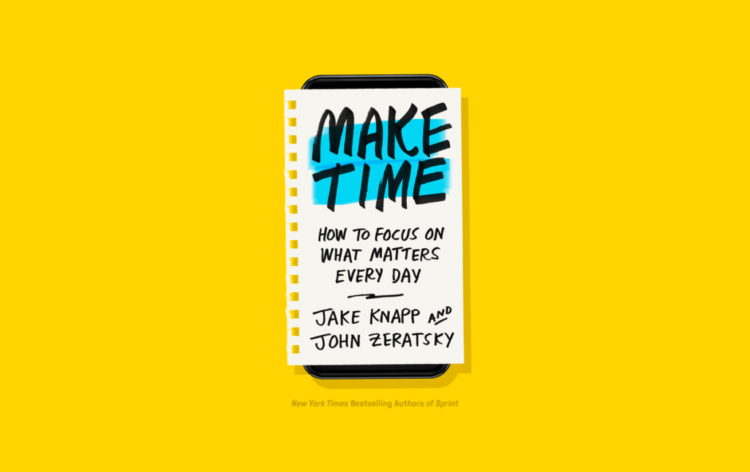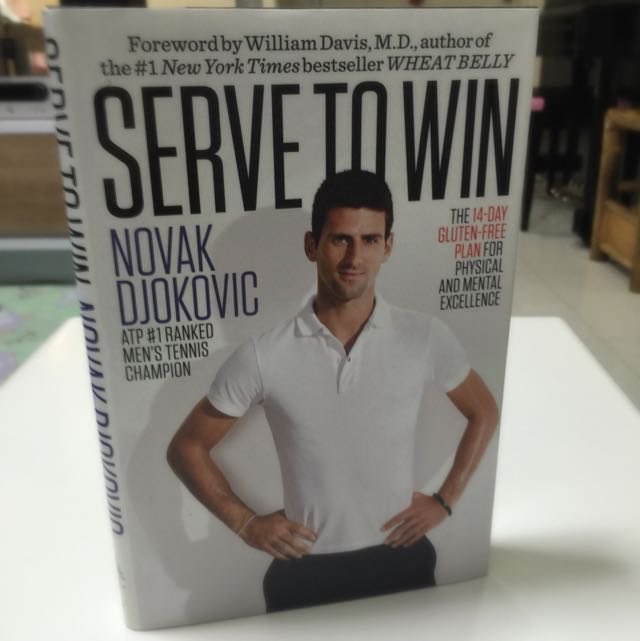As an amateur playing any sport, is there a proven strategy that maximises your probability of winning? Research suggests that could well be
As an avid Roger Federer fan and an amateur tennis player, I was always looking for ways to up my game, especially on the mental side. Unfortunately, this is one area that most coaches, at least at the amateur level, ignore. While doing this research, I came across a post on https://fs.blog/ that referred to a brilliant book recommendation: Extraordinary Tennis Ordinary Players.
The fundamental tenet of the book, backed by research, is that there are two kinds of games in any sport. There are professional games, and then there are amateur games. They may use the same equipment and have more or less the same rules, but the approach in each game is very different.
Various studies prove that the difference between a professional game and an amateur game is that the person with the most winners (or who has created the most winning opportunities) wins in a professional game. Professionals beat each other through brilliance.
On the other hand, in an amateur game, the person making the minimum errors wins. In essence, an amateur seldom beats his opponents. He most often beats himself. Almost always because he wants to look good and play aggressive shots rather than focusing on eliminating bad shots.
“In expert tennis, about 80 per cent of the points are won; in amateur tennis, about 80 per cent of the points are lost. In other words, professional tennis is a Winner’s Game – the final outcome is determined by the activities of the winner – and amateur tennis is a Loser’s Game – the final outcome is determined by the activities of the loser. The two games are, in their fundamental characteristic, not at all the same. They are opposites.”
So, as an amateur, your focus should be not on that one brilliant shot. It should be to minimise your mistake, to keep the ball in play. To avoid risk and play a conservative game.
As you would have guessed, there are repercussions to this beyond the tennis court (or pool table or golf course – choose your poison). The fact is that for most things in life, we are all amateurs but refuse to believe it even when we are working with professionals in their fields. This is particularly tough as you get higher in management and further away from functional specialities.
A great example is the current bull market, where almost every new investor feels that he has a knack for understanding the market. And that paying for mutual funds or portfolio management is for chumps who have too much money/too little understanding. Well, as Mike Tyson said:
“Everyone has a plan until they get punched in the mouth.”
https://giphy.com/clips/collin-knockout-ko-mike-tyson-XdgXWyKoMwmQt68g6E
The key is to remember: Avoiding stupidity is more straightforward than seeking brilliance. And leaving pros to their job (in any field) is more productive than feigning expertise.
“It is remarkable how much long-term advantage people like us have gotten by trying to be consistently not stupid, instead of trying to be very intelligent.” – Charlie Munger
H/T: https://fs.blog/avoiding-stupidity/
#mentalmodels #lifelessons




